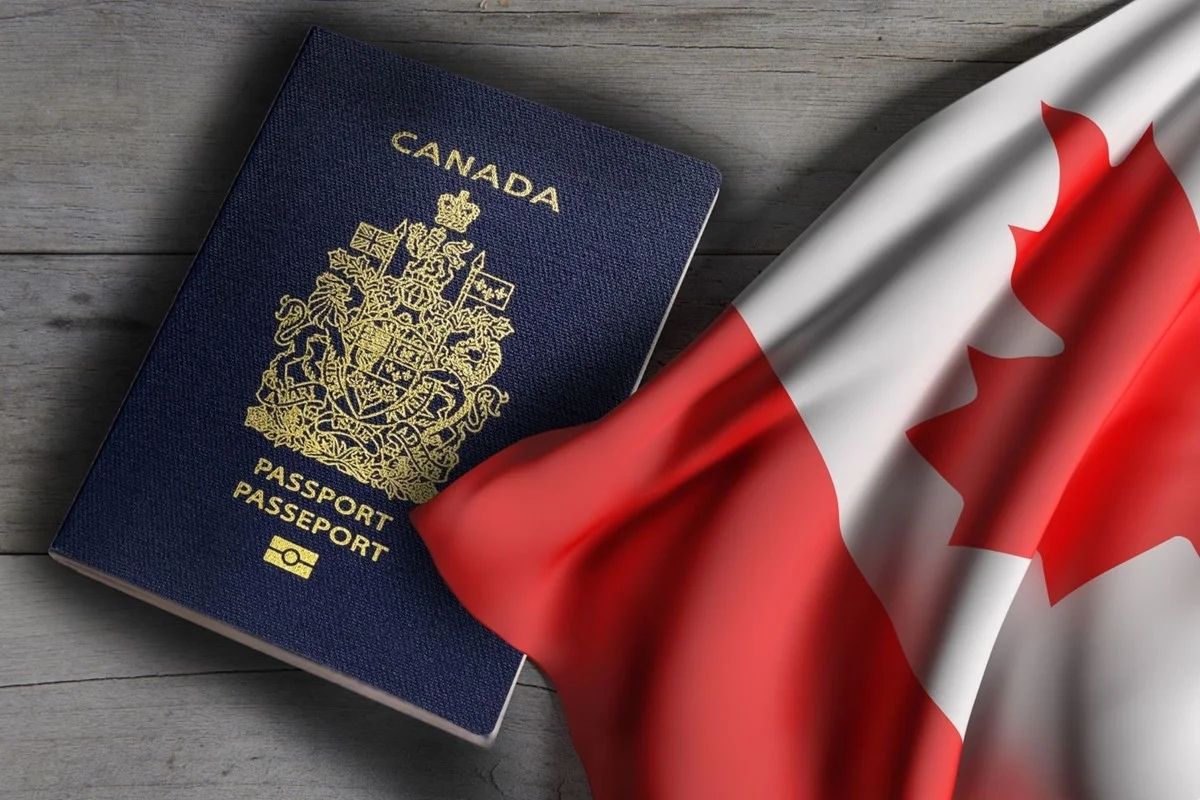World
Canada Updates Certification Pathways for International Teachers in 2025

From 2025, internationally educated teachers aiming to work in Canada must meet the certification requirements established by each individual province or territory. Teaching is a regulated profession across the country, meaning that legal employment in the field requires formal certification, which varies depending on the specific region in which a teacher intends to work.
While the growing demand for qualified educators has made entering the profession in Canada somewhat easier, candidates are still expected to follow a structured certification process. The Canadian government has also included education-related roles in its Express Entry immigration system, facilitating the path to permanent residency for foreign-trained teachers. In certain provinces, such as British Columbia, internationally educated teachers may also need to complete familiarisation courses to align with local teaching standards.
To begin the certification process, candidates must first ensure they meet basic eligibility criteria. This typically involves holding a post-secondary degree and completing a recognised teacher education programme. Applicants must then submit a series of supporting documents to the provincial regulatory authority. These may include proof of identity, a criminal background check, and evidence of language proficiency. An application fee is also required, though this amount differs by province.
Some provinces, including Alberta, offer interim certification, allowing teachers to begin working while acquiring the necessary experience for full certification. This provisional status enables educators to teach in the region before later applying for permanent credentials once specific work conditions are met.
In Canada, teaching opportunities include full-time, long-term occasional (LTO), and supply teaching roles. Full-time teachers usually work on a ten-month schedule, are often part of a union, and receive salaries based on experience. Supply teachers work as on-call substitutes, while LTO teachers take over classrooms for extended periods, such as during parental leave.
Teachers already certified in one Canadian province may transfer their certificates to another under the Canadian Free Trade Agreement. This process generally involves completing application forms and providing relevant documents to the regulatory body in the new province.
With the rising demand for educators, teaching roles have been added to the Express Entry system’s category-based draws, beginning in 2025. This includes secondary school teachers, early childhood educators, and teacher assistants. Those who meet the eligibility requirements are now more likely to receive Invitations to Apply for permanent residency, easing their transition into Canadian life and work.
Prospective international teachers are encouraged to consult provincial education websites or the CIC News portal for comprehensive information on certification and immigration procedures.
Kenya Insights allows guest blogging, if you want to be published on Kenya’s most authoritative and accurate blog, have an expose, news TIPS, story angles, human interest stories, drop us an email on [email protected] or via Telegram
-

 Grapevine6 days ago
Grapevine6 days agoAlleged Male Lover Claims His Life Is in Danger, Leaks Screenshots and Private Videos Linking SportPesa CEO Ronald Karauri
-

 Lifestyle1 week ago
Lifestyle1 week agoThe General’s Fall: From Barracks To Bankruptcy As Illness Ravages Karangi’s Memory And Empire
-

 Grapevine2 days ago
Grapevine2 days agoRussian Man’s Secret Sex Recordings Ignite Fury as Questions Mount Over Consent and Easy Pick-Ups in Nairobi
-

 Investigations2 weeks ago
Investigations2 weeks agoEpstein Files: Sultan bin Sulayem Bragged on His Closeness to President Uhuru Then His Firm DP World Controversially Won Port Construction in Kenya, Tanzania
-

 News2 weeks ago
News2 weeks agoAUDIT EXPOSES INEQUALITY IN STAREHE SCHOOLS: PARENTS BLED DRY AS FEES HIT Sh300,000 AGAINST Sh67,244 CAP
-

 Business2 weeks ago
Business2 weeks agoKRA Can Now Tax Unexplained Bank Deposits
-

 Investigations1 week ago
Investigations1 week agoEpstein’s Girlfriend Ghislaine Maxwell Frequently Visited Kenya As Files Reveal Local Secret Links With The Underage Sex Trafficking Ring
-

 News1 week ago
News1 week agoState Agency Exposes Five Top Names Linked To Poor Building Approvals In Nairobi, Recommends Dismissal After City Hall Probe














